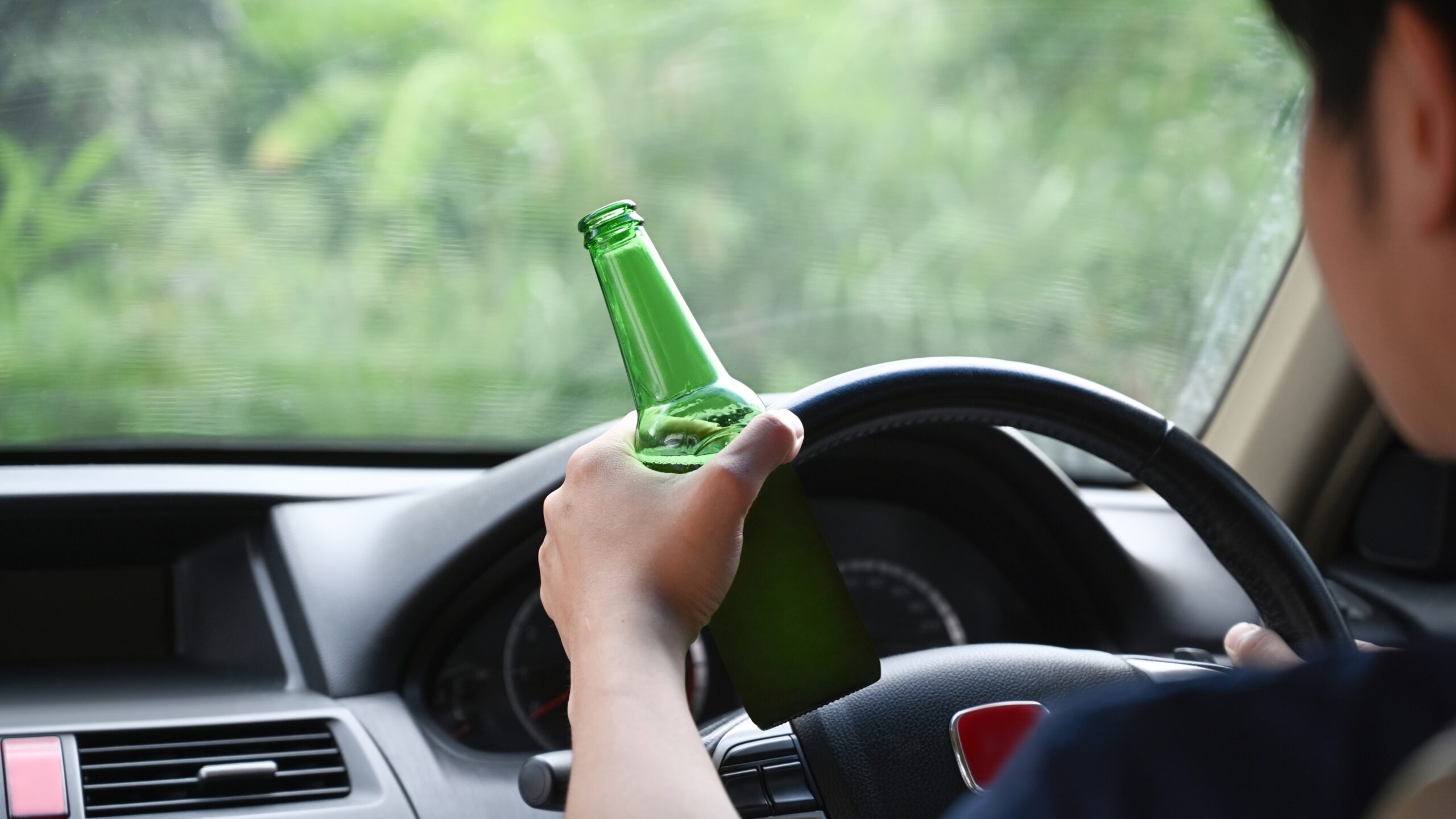What Drivers Should Know About License Suspension After DUI – Guest Post

Did you know that the National Highway Traffic Safety Administration (NHTSA) reported that approximately 37 people die every day in car crashes caused by drunk driving?
If you are arrested for DUI, you must know that your license suspension process starts almost immediately and is independent of any case in court. The drunk driving law in Florida and other states outlines the rules and consequences involved, which can be overwhelming. There are numerous factors that influence how long a person remains with an invalid driving license.
You should be aware of what to expect and what you need to do to protect your right to use your driver’s license.
Understanding the License Suspension Process
The administrative suspension of your license occurs at the arrest scene, right after being arrested for a DUI. This suspension is a separate process from the criminal court proceeding that may follow. You will be given a notice that explains the suspension and your rights.
According to car accident lawyer Douglas D. Shaffer, car accidents are repeatedly one of the top causes of accidental injuries and deaths each year in the United States. You need to act immediately since you may have only a limited time to file an appeal against the suspension. Along with that, you will have to find out about what possibilities there are for reinstatement. The right lawyer can make a big difference in how your case turns out.
Duration of License Suspension After a DUI
Having received an administrative suspension for a DUI, you want to know how long the suspension will last. The outcome can be different based on your state’s laws, your record, or if you refused a sobriety test.
For a first offense in many states, a suspension might range anywhere from six months to one year, and for subsequent offenses, it might go higher. For example, some second and third offenses could see suspension go up to two years or more. Check your applicable laws and regulations carefully for set time frames.
This is more than just some enforced waiting period. It also consists of taking steps to drive responsibly again. Being informed keeps you engaged and feeling supported as you try to address the situation.
Legal Penalties Associated With DUI Offenses
A person facing a DUI may suffer fines that make it hard for them to manage their money and add to their stress. He or she can also be ordered to go to alcohol education or do community service. People who committed a first-offense DUI may also be imprisoned, depending on the laws of the state where the crime happened.
A record of DUI could authorize the authorities to reduce your chances of getting a job and some form of insurance. Recognize these consequences that have a direct bearing on you, your relationships, and the opportunities that would come your way in the future.
Steps to Reinstating Your License
Reinstating a license is one of the most important aspects of facing the aftermath of a DUI. It requires checking with a state’s particular requirements. More often than not, respondents must satisfy programming requirements, such as alcohol education or treatment.
The offender needs to pay all fines and fees. Some states allow for quicker reinstatement following payment. After living up to the terms of reinstatement, start collecting paperwork for submission to the DMV or licensing authority, which will include proof of completion, if required, and ID.
After submission, be ready to attend a hearing or prove you have insurance. Once your license has been reinstated, take it easy on the road and avoid getting into trouble again.
Resources and Support for Affected Drivers
You need the right kind of resources and support if you have been arrested due to DUI. Support groups and forums are filling up with people sharing their experiences and learning from one another.
Local agencies will offer assistance, counseling, and legal advice along with training relating to responsible driving. Family members and friends will be important sources of support. Many online resources exist that provide all helpful information related to handling your situation, including legal rights to reinstatement.
Seeking help is a sign of strength, and you are entitled to getting the assistance you require to get back your license and be able to drive again.
